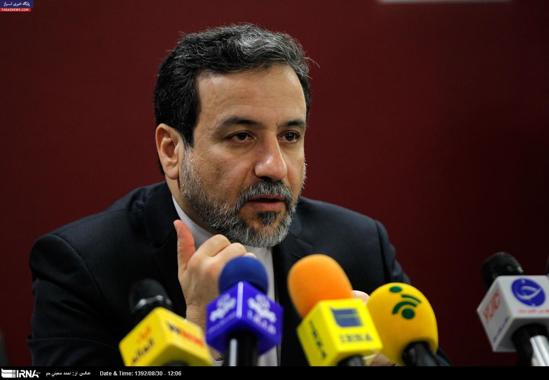“If the negotiations don’t produce results by July 20, the job will be difficult although it will be possible to continue the negotiations for another 6 months,” Araqchi, also a senior negotiator in the nuclear talks with the world powers, said in Tehran on Sunday.
“I believe that prolonged negotiations will benefit the foreign forces which are against the Geneva agreement (inked by Iran and powers in November), are after creating tensions in the region and want the failure of this agreement,” he added.
Elsewhere, Araqchi said Iran has not pinned all its economic hopes on the removal of sanctions through talks, and added there are many ways to counter embargoes, including the resistance economy underlined by Supreme Leader of the Islamic Revolution Ayatollah Seyed Ali Khamenei.
He said that in talks with the world powers, Iran is after a win-win game to guarantee its nuclear rights and at the same time, obviate the western sides’ concerns about Tehran’s nuclear program.
Iran and the six world powers wrapped up their fourth round of talks in Vienna last week. The seven nations have been discussing ways to iron out differences and start drafting a final deal that would end the West’s dispute with Iran over the country’s nuclear energy program.
They wrapped up their fourth round of talks in Vienna on May 16. The seven nations have been discussing ways to iron out differences and start drafting a final deal that would end the West’s dispute with Iran over the country’s nuclear energy program.
Iran said there has been no tangible progress in writing the draft text of the agreement and it blamed the US for the failure, saying Washington has made excessive demands beyond the agreements made in the previous rounds of talks.
In November 2013, the two sides signed an interim nuclear deal in the Swiss city of Geneva that came into force on January 20.
